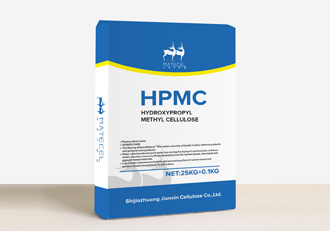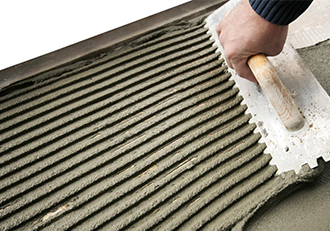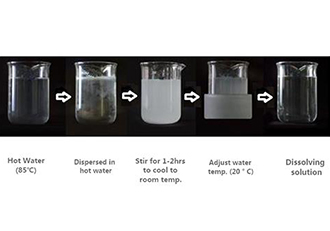Yes, hydroxyethylcellulose (HEC) is considered safe for use in a variety of applications, including food, pharmaceuticals, cosmetics, and personal care products. It is a non-toxic, water-soluble polymer derived from natural cellulose and is used primarily for its thickening, stabilizing, and film-forming properties.
Safety Profile of Hydroxyethylcellulose:
Cosmetics and Personal Care:
Hydroxyethylcellulose is widely used in cosmetics and personal care products, such as shampoos, conditioners, lotions, and creams. It acts as a thickener, emulsifier, and film-forming agent.
It is generally considered safe for topical use because it does not irritate the skin or eyes in concentrations typically found in personal care formulations.
According to the Cosmetic Ingredient Review (CIR) Expert Panel, HEC is safe for use in cosmetic products at concentrations of up to 4%. There have been no reports of significant skin irritation or sensitization.
Food Industry:
Hydroxyethylcellulose is used in some food products as a thickener, stabilizer, and emulsifier. It is considered to be safe for consumption in the amounts typically used in food formulations.
The U.S. Food and Drug Administration (FDA) recognizes HEC as a generally recognized as safe (GRAS) substance when used in food applications. It is often used in dietary supplements, beverages, and processed foods.
However, it is always important to note that overconsumption of any additive or ingredient could potentially lead to digestive discomfort, such as bloating or mild gastrointestinal issues. But these effects are rare, especially when consumed in typical amounts.
Pharmaceuticals:
Hydroxyethylcellulose is commonly used in pharmaceutical formulations, including oral tablets, suspensions, and topical products. It serves as a binder, disintegrant, and stabilizer in many pharmaceutical products.
It is generally regarded as safe for oral use, with no known toxicity or adverse effects in normal use. It helps improve the formulation of controlled-release drugs, ensuring that the active ingredients are released at the right rate.
Environmental Impact:
Hydroxyethylcellulose is biodegradable and environmentally friendly. It breaks down naturally over time, making it a sustainable choice compared to synthetic, non-biodegradable polymers.
It does not contribute to long-term environmental pollution, which is one of the reasons it is preferred in many eco-friendly formulations.
General Toxicity:
Hydroxyethylcellulose is not considered toxic when used as intended in consumer products. It is chemically inert in the body, meaning it doesn't readily interact with biological tissues or cause harm under normal conditions of exposure.
Studies on toxicity and safety have generally shown that HEC does not cause adverse effects when used in the amounts found in consumer products.
Hydroxyethylcellulose (HEC) is safe for use in many industries, including cosmetics, food, and pharmaceuticals, and is generally considered to have a low toxicity profile. It is non-irritating to skin and eyes in typical formulations and does not present significant health risks when used as directed. As with any substance, it's always advisable to follow usage guidelines and be mindful of personal sensitivities, especially for those with specific allergies or sensitivities to certain ingredients.




